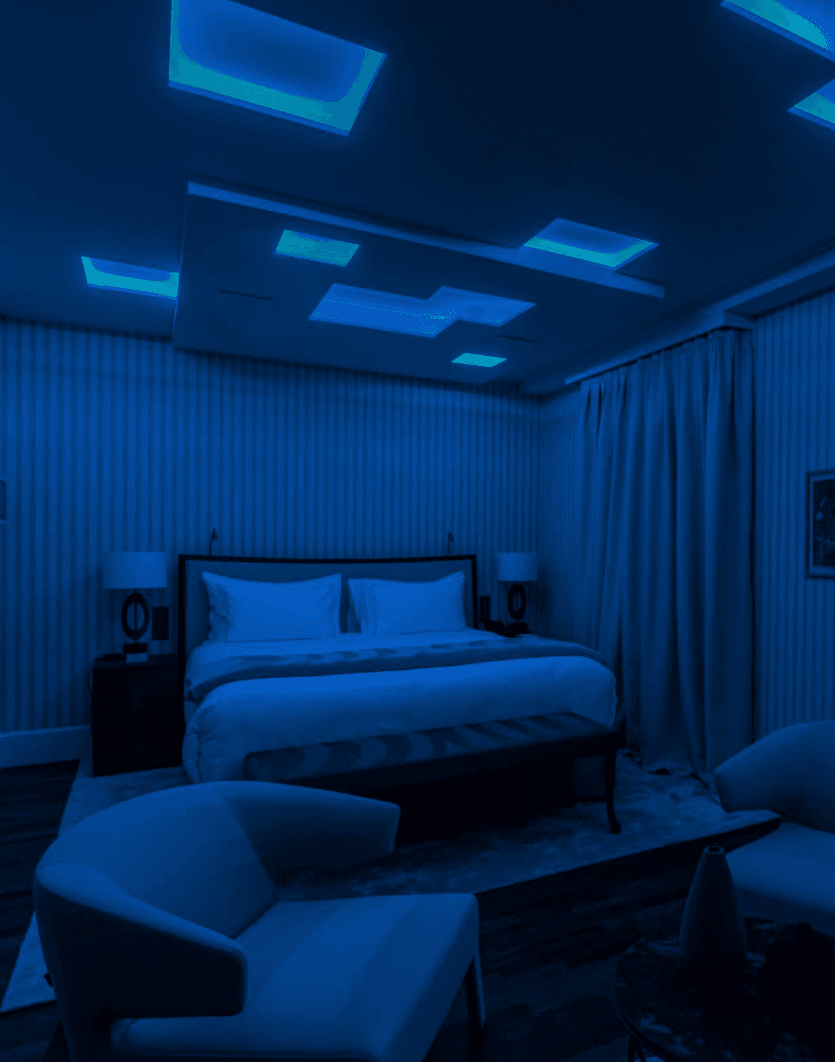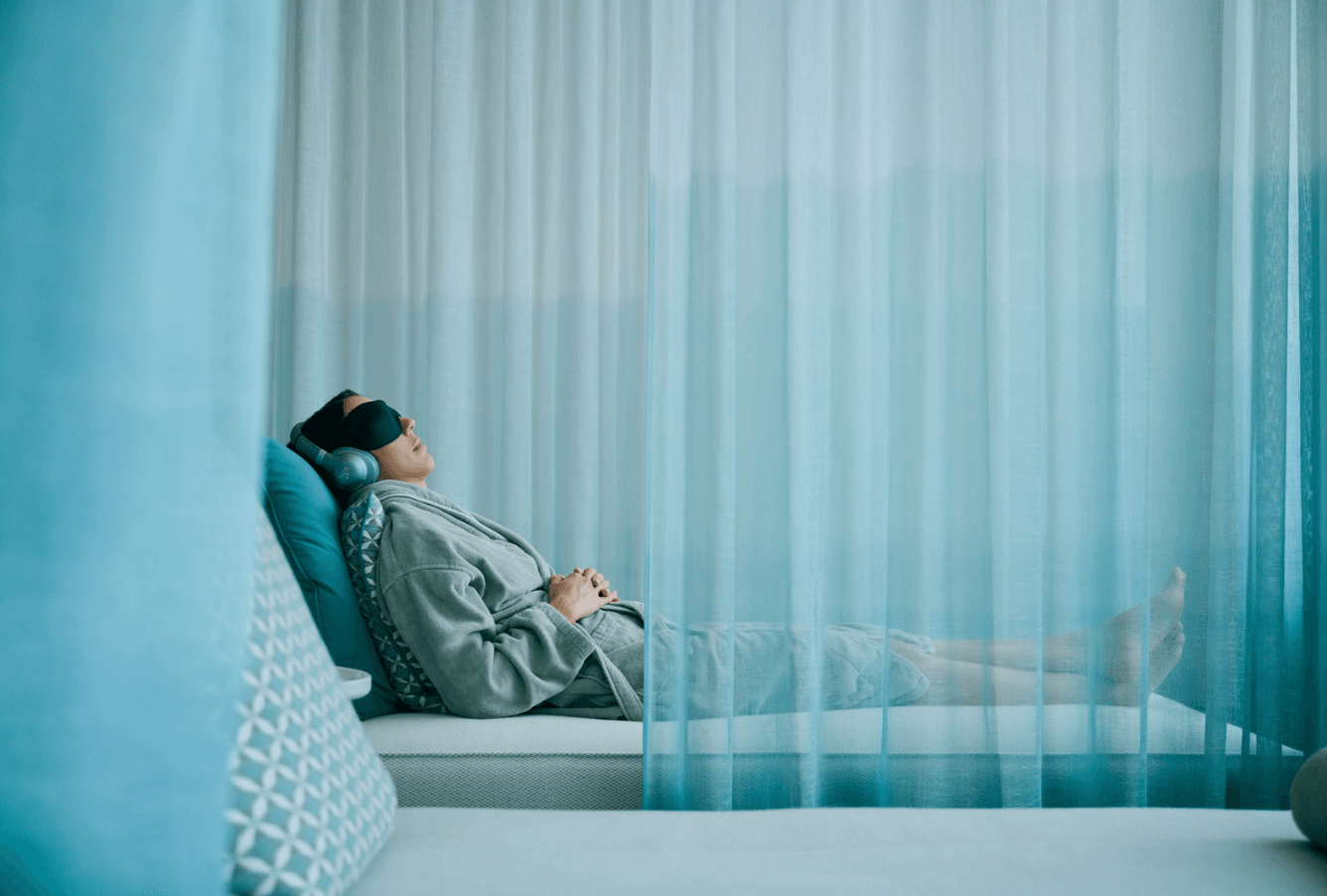Sleep is far more than just a nightly ritual; it is a series of complex biological processes vital for our health and well-being. From an evolutionary standpoint, sleep has been a fundamental tool for survival, allowing humans to conserve energy, recover from physical exertion, and maintain cognitive sharpness. By delving into the science of sleep, we can better appreciate its crucial role in maintaining overall health and enhancing our quality of life.
During sleep, essential processes take place. The liver and lungs metabolise toxins and filter waste products; cerebral spinal fluids flood the brain, flushing out waste products and beta-amyloid, potentially reducing the risk of neurodegenerative diseases like Alzheimer’s; and neurotransmitters, which play a role in mood, cognition, and brain function, are regulated; insulin sensitivity improves; blood pressure decreases; and growth hormone and testosterone production increases. How essential sleep is cannot be overstated.
The Science of Sleep Cycles
Each night, our brains navigate through several stages of sleep, known as sleep cycles. These cycles, typically consisting of four to six per night, are crucial for various restorative processes. Each cycle is composed of distinct stages, including light sleep, deep sleep, and Rapid Eye Movement (REM) sleep.
The pattern of these cycles is known as sleep architecture and building this is essential for overall health, because it ensures that the body gets sufficient time in each stage to perform necessary restorative processes. While deep sleep is essential for physical recovery and immune function, REM sleep is where most dreaming occurs, playing a critical role in cognitive functions like memory consolidation and emotional regulation.
The transition through these stages is not random but orchestrated by our circadian rhythm, the body’s internal clock. This rhythm regulates the sleep-wake cycle, influencing hormone release, body temperature, and other physiological processes.
By adhering to a natural sleep-wake cycle, we can improve cognitive function, mood stability, and overall alertness.



The Role of Sleep Pressure
An often overlooked aspect of sleep is sleep pressure, the physiological drive to sleep that builds up during wakefulness via the neurotransmitter adenosine.
This pressure is crucial for initiating sleep and ensuring we achieve sufficient rest. The longer we stay awake, the more sleep pressure accumulates, making us feel sleepier. Managing sleep pressure by maintaining a regular schedule and avoiding naps late in the day can help regulate this natural sleep drive, promoting a smoother transition into sleep.
Creating the Optimal Sleep Environment
Another critical factor for achieving quality sleep is creating an optimal environment. The right setting can significantly reduce sleep pressure and enhance the quality of your rest. Aim to reduce noise, light, and electronic distractions in your bedroom, creating a calm and serene atmosphere. The bedroom should be reserved exclusively for sleep and intimacy; Avoid activities like working or watching TV in bed.
The use of blackout curtains, comfortable bedding, and maintaining a cool room temperature can further aid in creating the ideal sleep sanctuary.
Practical Applications for Better Sleep
To harness the full benefits of sleep, it’s crucial to respect and support your natural circadian rhythm and manage sleep pressure effectively. Here are some practical daily tips:
- Maintain a Consistent Sleep Schedule: Going to bed and waking up at the same time every day reinforces your body’s internal clock and helps manage sleep pressure.
- Optimise Light Exposure: Expose yourself to natural sunlight in the morning to signal to your body that it’s time to be awake. Reduce exposure to bright and blue light in the evening, as it can interfere with melatonin production.
- Limit Naps: While short naps can be beneficial, avoid long or irregular napping, especially late in the day, as it can disrupt your nighttime sleep schedule. Those with insomnia should not nap at all.
- Pay Attention to Diet: Limit caffeine and alcohol, especially in the afternoon and evening, as they can interfere with sleep. Avoid large meals and heavy, spicy foods close to bedtime, as they can cause discomfort and disrupt sleep.
- Create a Relaxing Bedtime Routine: Gentle activities such as reading, meditation, or stretching can help signal to your body that it’s time to wind down.

Introducing the Chenot Sleep Cycles Module
At Chenot, we understand the intricate science of sleep and its profound impact on overall health. Our newly launched Sleep Cycles module, which can be added to our Recover & Energise programme, is designed to fine tune your sleep by aligning your circadian rhythm and optimising sleep pressure. By leveraging advanced diagnostic testing and personalised therapies, we help you define an optimal sleep environment and regulate your sleep patterns and habits.
During a stay with Sleep Cycles, your wakeup call and treatment schedule is timed to your chronotype, in other words, whether you are a “morning” or “evening” person. Upon waking, you’ll experience neuroaccoustic deep relaxation therapy which guides your brainwaves from the beta to alpha and theta states, readying you for the day ahead. In the evening a similar therapy encourages your brain into delta waves to preapare for sleep. You’ll also be encouraged to partake in gentle exercise outside and expose yourself to early morning light.
Rather than providing you with endless data you cannot use, we create individualised experiences to identify misalignments and enable you to tap your body’s natural power for recovery and renewal by improving the quality of one of the pillars of optimal health: sleep.
يهدف برنامجنا المميز شينو إلى إحداث تنقية عميقة وإزالة السموم من الجسم للتخلص من السموم وزيادة الحيوية وإعادة ضبط مستويات الطاقة وإعادة التوازن الفسيولوجي للجسم.
CHF 5’500
استرخِ عقلك، وأعد تنشيط جسدك – يعمل برنامج Chenot’s Recover & Energize على تقليل التوتر المزمن والإرهاق والتعب ويستعيد مستويات الطاقة المثالية.
CHF 6’400
برنامج شينو الأكثر كثافة لتعزيز الصحة، والذي يجمع بين التخلص من السموم المميز لدينا وتجديد عالي التأثير لتأخير ظهور الشيخوخة البيولوجية.
CHF 7’100



